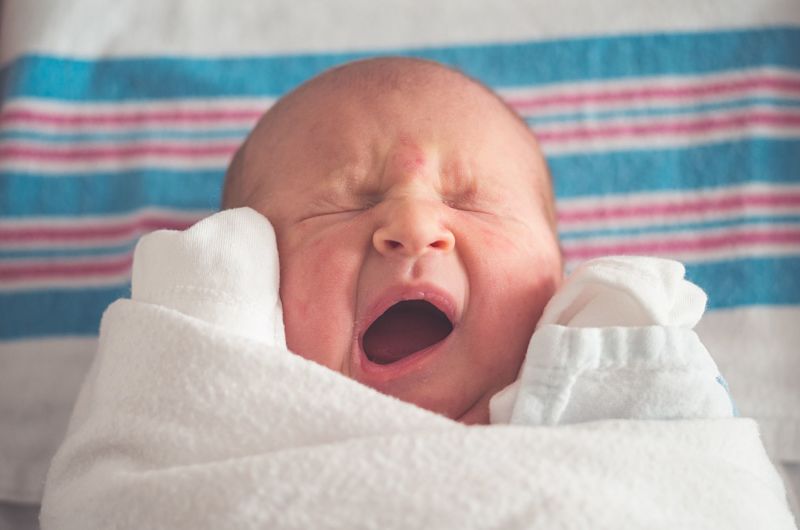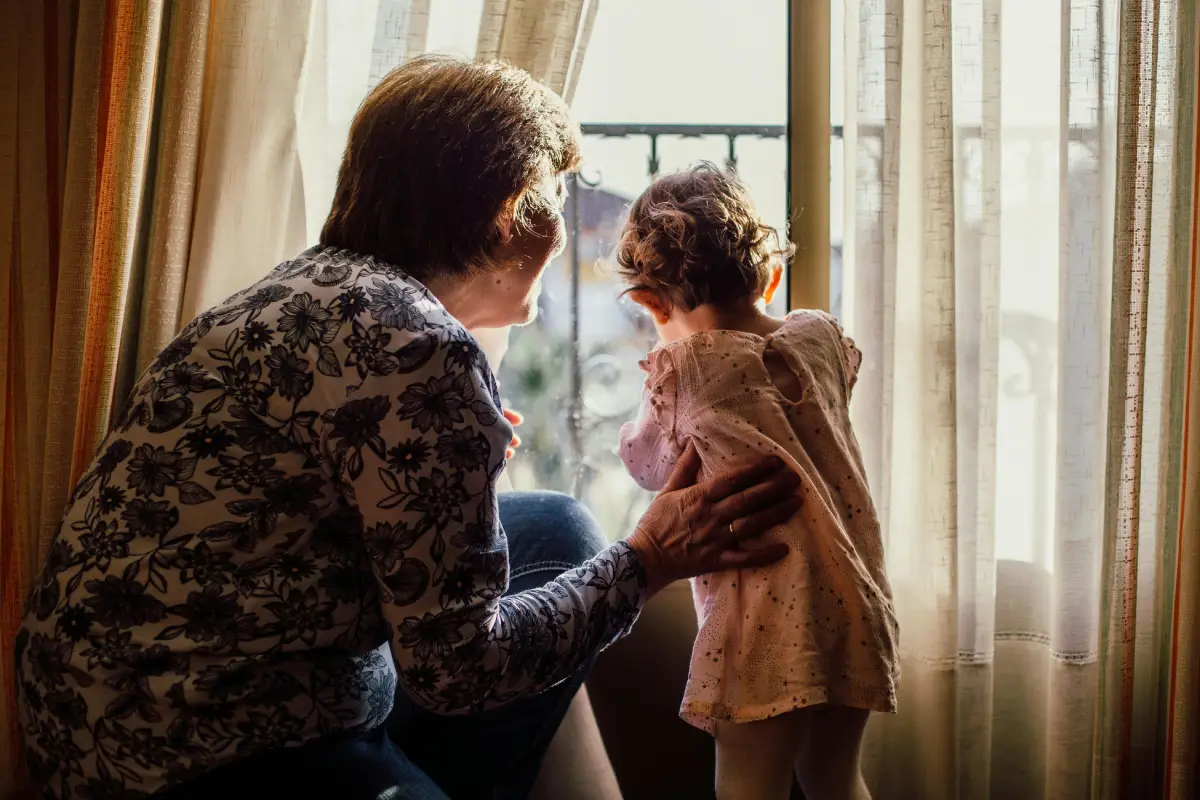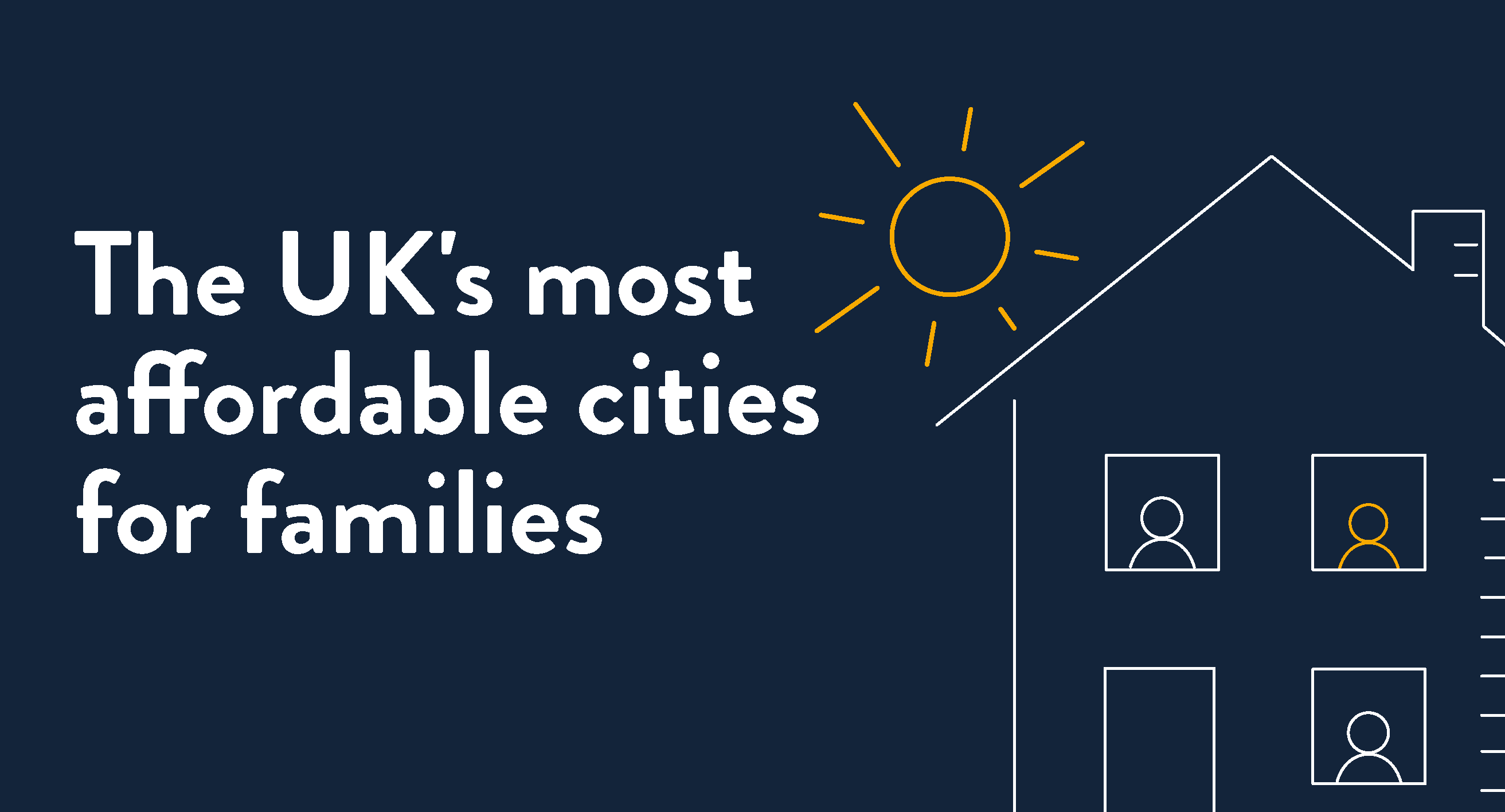
It’s scary news, but the reality is that most parents-to-be underestimate the cost of having a baby. According to research, the cost of raising a child to 21 in the UK costs an eye-watering average of £231,843, with £11,498 of those costs hitting in the first year alone. Budgeting for a baby’s first year is therefore an essential part of the planning for baby. We’re here to make that budgeting simpler.
It Costs How Much?!
Firstly, don’t panic. This might be the average, and definitely warrants some preparations, but these costs are spread out, and there are always ways of being a savvy spender. What’s important is that you set a budget that you can afford, and work with that.
The Practicalities
To begin with, your attention will likely turn to the practical costs of having a baby. There are several ‘upfront’ costs, such as the travel system, and cot. There are also some ongoing costs, such as nappies, which are estimated to cost you £260.89 during the first year, if you choose disposables.
These practicalities can be broken down into the following categories:
- Feeding: Whether you breast or bottle feed will affect these costs. For breastfeeding, you will need nursing-friendly clothing, and perhaps a breast-pump and bottles. For bottle-feeding, you will need all the required bottles and sterilising equipment, as well as the ongoing cost of formula. From six months onwards, you will also need to factor in the weaning costs, and a high chair. You’ll also need bibs, and plenty of muslins.
- Sleeping: Take care to choose your baby’s sleeping arrangements carefully. You are unlikely to need the whole list of: cot, cot bed, bassinet, moses basket, crib, and travel cot. Therefore, take care to choose which you think will work best for your family.
- Transporting: Including slings, carriers, travel systems (complete pram/pushchair/car seat system), prams, and car seats.
- Changing: You will need changing mats, a changing bag, bedding, and of course plenty of clothes in appropriate layers. You may also want a bath support, or infant bath.
- Entertaining: To begin with, your newborn will need nothing more for entertainment than a cuddle with you. However, quite quickly you are likely to want to get your baby toys and mobile, play mats, and books. You’ll also need somewhere to ‘put baby down’, such as a bouncy chair.
The Big Whammy – Childcare
That’s before you factor in the baby books, photos, and other keepsakes you’ll want for baby’s first year.
The cost and practicalities of childcare is something that affects every single family. Even those who have a stay-at-home parent are losing out financially due to the lost earning potential. Working out a way to ‘work’ can be tricky. Parents spend an average of £70,000 per child on childcare alone. This is particularly a shock to the system for new parents.
Depending on how much maternity and paternity leave you plan to take as parents, childcare costs are most expensive under one. However, make sure you’re clued up on what help you can get with childcare costs.
The Extras
The £231,843 figure given at the start of this article is for a UK child going through the state-funded education system. If you are planning to privately educate your child, expect a far heftier bill: Private school fees cost in the region of £10,000 per year, with variations depending on where you are, and which school you choose.
The Future
Once all of these fundamentals are in place, the first year is an important time to consider budgeting for a baby for the rest of their lives. The sooner you start making financial arrangements for their future, the easier this will be. There are two primary considerations you need to take here: protecting your income in the here and now, and saving for their future.
If you haven’t already got income protection, now is the time to sort this out. This is especially true if one of you is taking a career break whilst caring for your new baby.
Then you need to start considering the future costs of raising a child. You may feel that most of the expense comes in the first year, but in reality, children get more expensive not less, peaking at the time they fly the nest and need help with cars, deposits, and more. For regular savings you could consider starting a Junior ISA for your child.
The Bottom Line
The bottom line of budgeting for a baby is to be as prepared as you can. Raising a child will be one of your greatest ever expenses, but the rewards are immense. Get planning, and get confident with your baby-planning budget.


